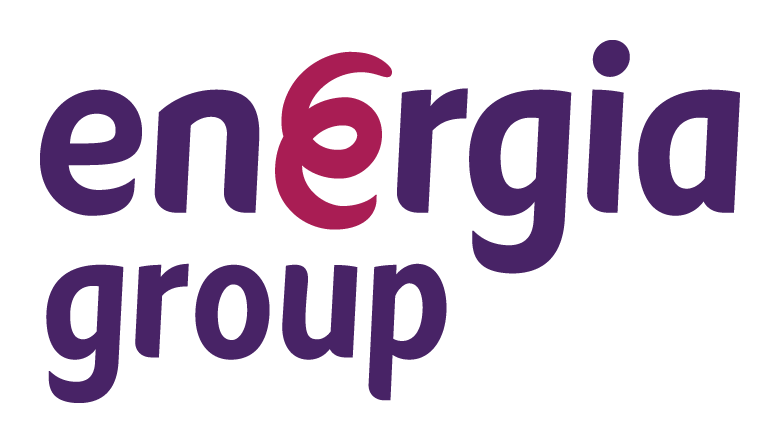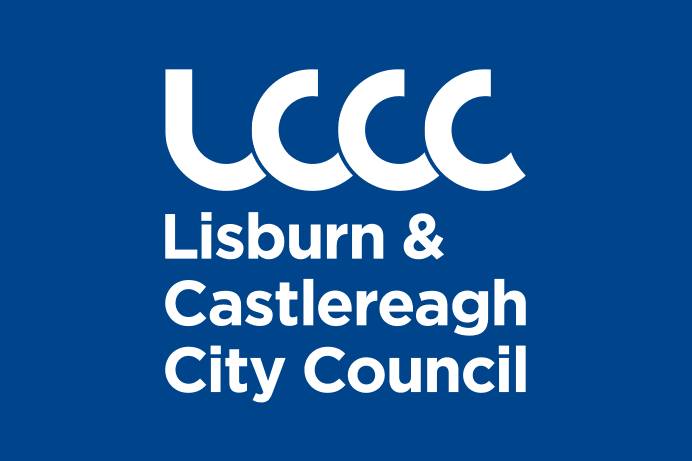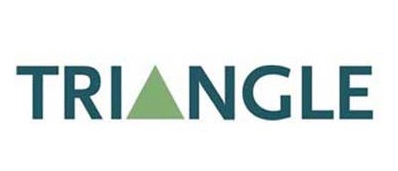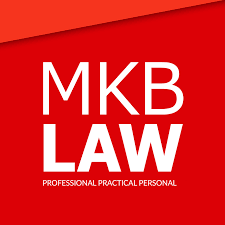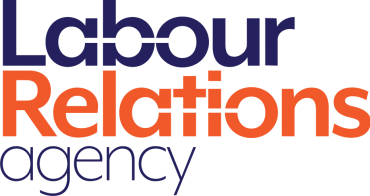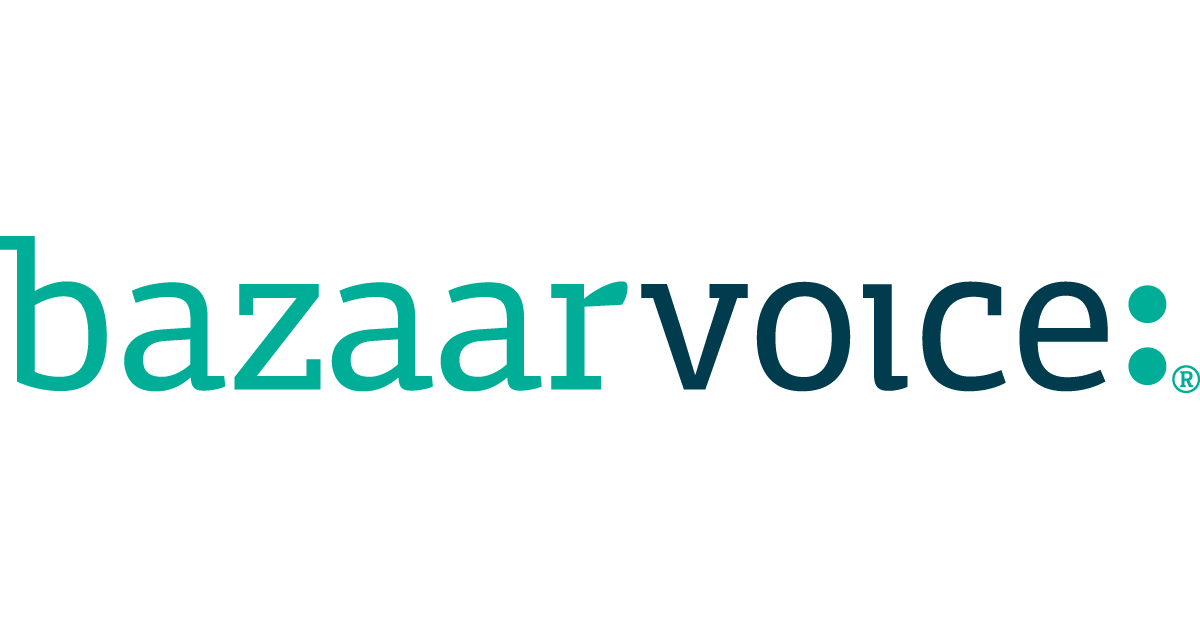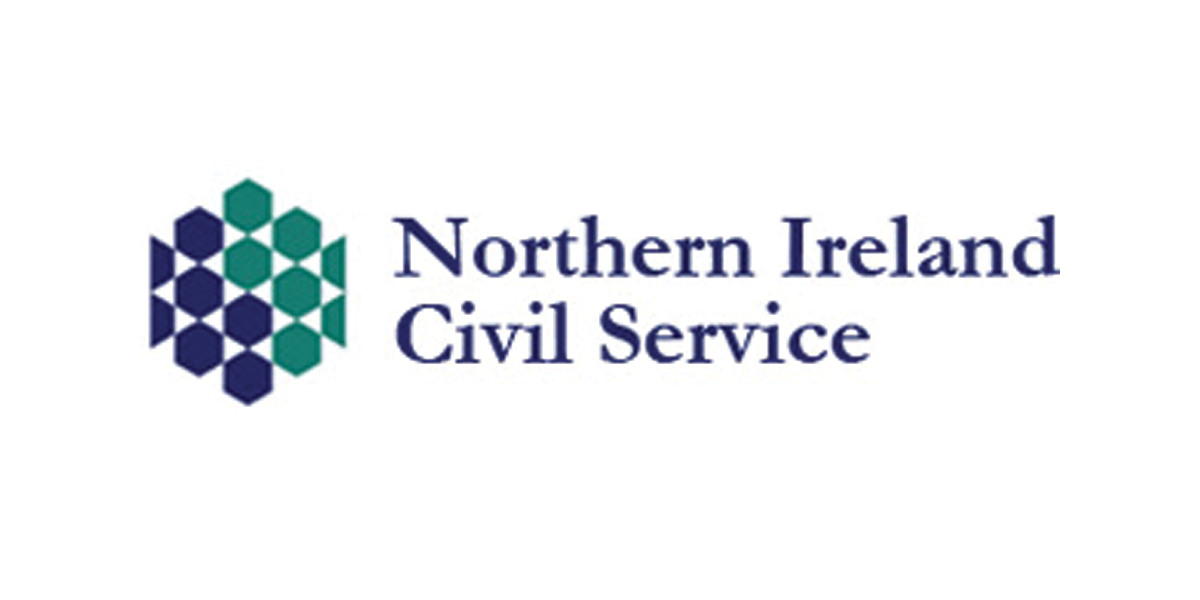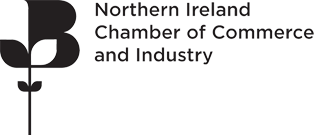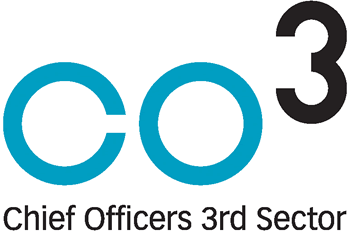Speak with an accent and embrace it!
If you’re a non-native English speaker, and you speak with an accent, then this blog post is for you. I’ve worked with entrepreneurs that have told me, “My foreign accent is a hindrance. It puts people off working with my company.” I’ve heard from researchers, often leaders in their field, that “The way I speak is holding me back from opportunity”. Once I heard from a friend, fluent in English, that a mentor she was working with told her, “You’ll need to attend English classes before you can consider a job as a lecturer.”
I feel my accent reduces my prospects
If you speak with an accent and it bothers you, then it is something we need to talk about. Henry Ford of the Ford Motor Company once made an observation, “Whether you think you can or you think you can’t, you’re right.” And this applies to you as a public speaker. If you’re concerned about your accent, then that will affect your confidence going into your presentation. And if you’re not feeling confident, how can you bring your best self to your audience?
It’s not you, it’s me
The problem is not that you have an accent. The problem is that some members of your audience may not speak English as you do and may have difficulty understanding you. The role of any speaker is to serve their audience. You’re already on the road to public speaking success if you’ve done the work to know your audience. It means you’re considering your presentation from their point of view. I have worked with many native speakers of English who so enjoy the sound of their own voice that they completely forget about the needs of their audience. So taking your accent into consideration is an important step in helping your audience to understand your message.
Speaking clearly
With native and non-native speakers of English alike, this is less about your accent and more about the need to speak clearly. Luckily there are lots of practical steps that you can take.
1. Your opening 👐
Allow your audience a few moments to tune into your speech patterns before hitting them with your big idea. You could greet them, warm them up with your charm, offer up some opening remarks before moving into the key hook of your presentation or speech. That way they will have adjusted to your accent before you ask them to process the key idea that you want to convey to them.
2. Repeat yourself! 🔁
Following on from the idea of helping your audience to process your speech patterns, is the need to emphasise key points or phrases. If your audience hears a new phrase that they don’t understand, their brain gets caught up processing it. That means they’re stuck on that phrase whilst you’ve already moved on with your talk, so you risk losing them. To overcome this, you can slow down, emphasise key phrases, and repeat them to make sure your audience understands them.
3. Pacing 💨
Slowing down can help your presentation. But not to the point where you’re speaking super slo-o-owly. This isn’t about putting your audience to sleep! Instead try a strategic pause to buy you time between ideas in your talk. This is where the world of stand-up comedy can teach us something. Not just for the ability to tell great jokes, but also to observe the comedic ‘beat’ in action. The comedic beat is that pause that allows the audience time to recognise the joke, often before delivering the punchline. In your talk, the strategic pause helps your audience to fill in the blanks for themselves and to catch up with you. It takes confidence to use the strategic pause, especially if you’re feeling vulnerable in front of your audience. But practice it, and watch how that pause helps your audience to understand your message.
4. Vocal tone and variety 🎤
Your voice is the engine of your talk. What better way to convey meaning than by using your voice to signal your passion and interest in your subject? I’m a big fan of Julian Treasure’s TED Talk, ‘How to speak so that people want to listen.’ Here is a 70 second vocal warmup taken from Treasure’s TED Talk that you can do to warm up your voice before you speak.
Try some tongue twisters too before you deliver your next presentation – they help you to AR-TI-CU-LATE more clearly, by forcing you to open your mouth and stretch out your vowels.
Own your accent
So in the majority of cases, the reasons that speakers fail to make themselves understood are a lack of clarity on the message they want to convey, mumbling, speaking too fast and failing to pause to allow their audience to absorb their idea before rushing to the next idea. Notice that whether you speak with an accent or not, there is plenty that we can all do to increase our impact as a speaker.
So if you speak with an accent, then recent research shows that you can turn your accent into your superpower. If you have a message that people want to hear, your accent can force them to pay more attention when they listen to you. And that will make them think more deeply about what you want to say.
Because here’s my final parting shot – your accent is part of who you are and part of your story. If you choose to own your accent, then that signals confidence. If you’re comfortable in your own skin, that is what will set you apart from other presenters and make you memorable.
If you've enjoyed reading about Presentation Skills then you might be interested in attending a course.


